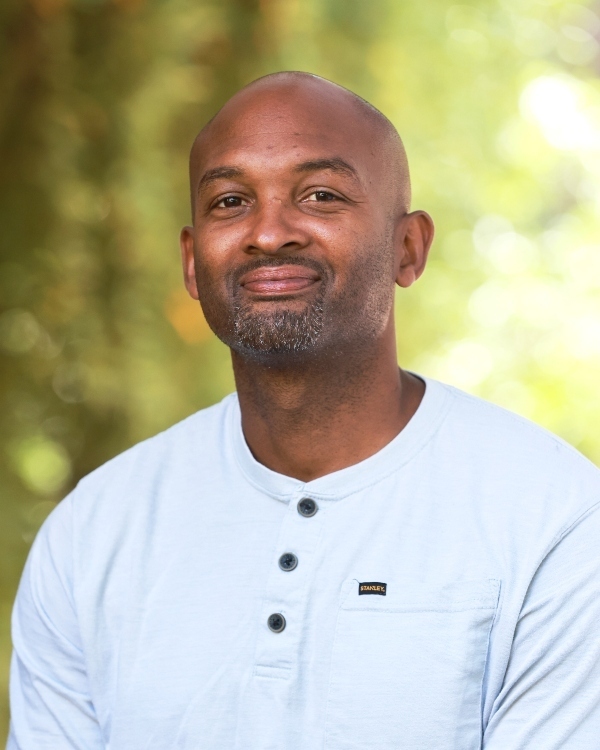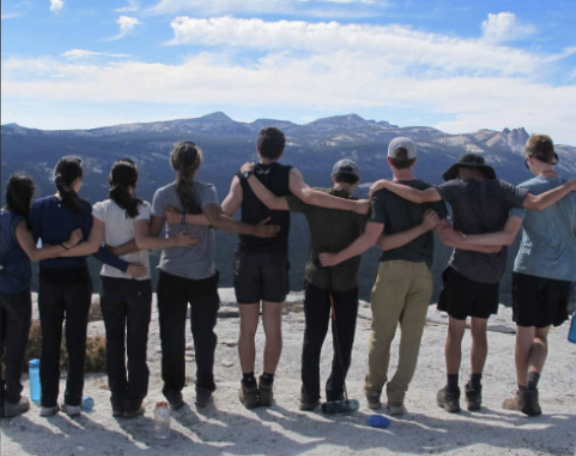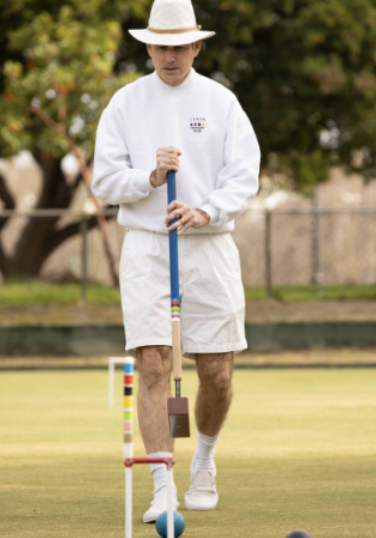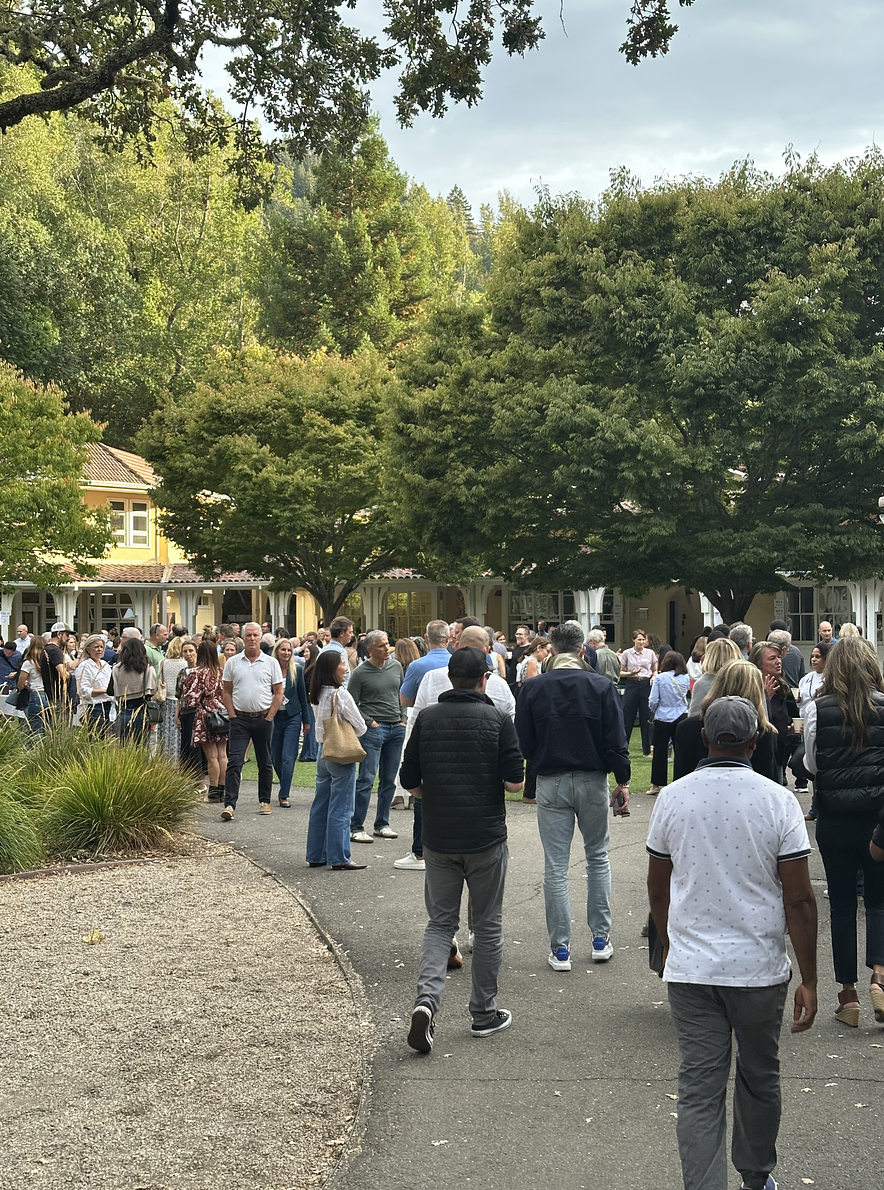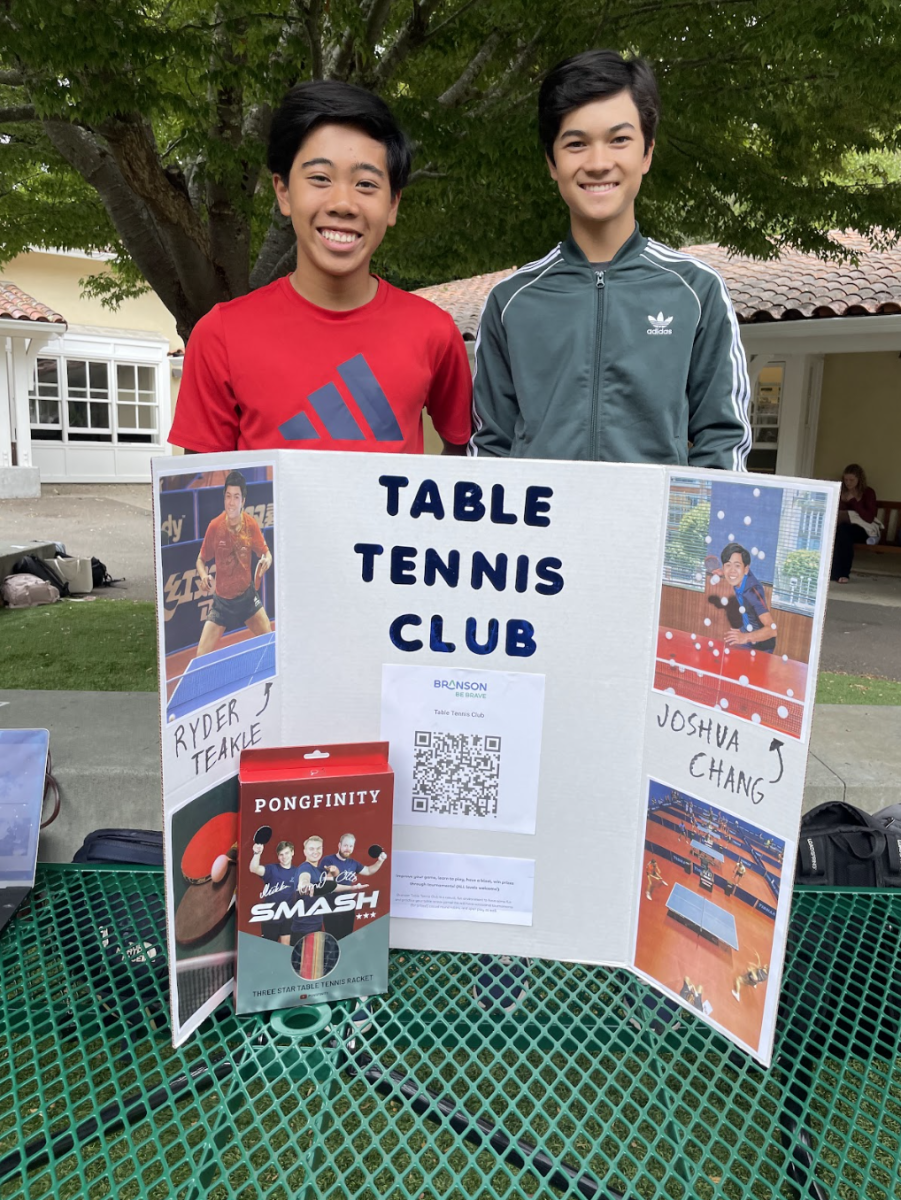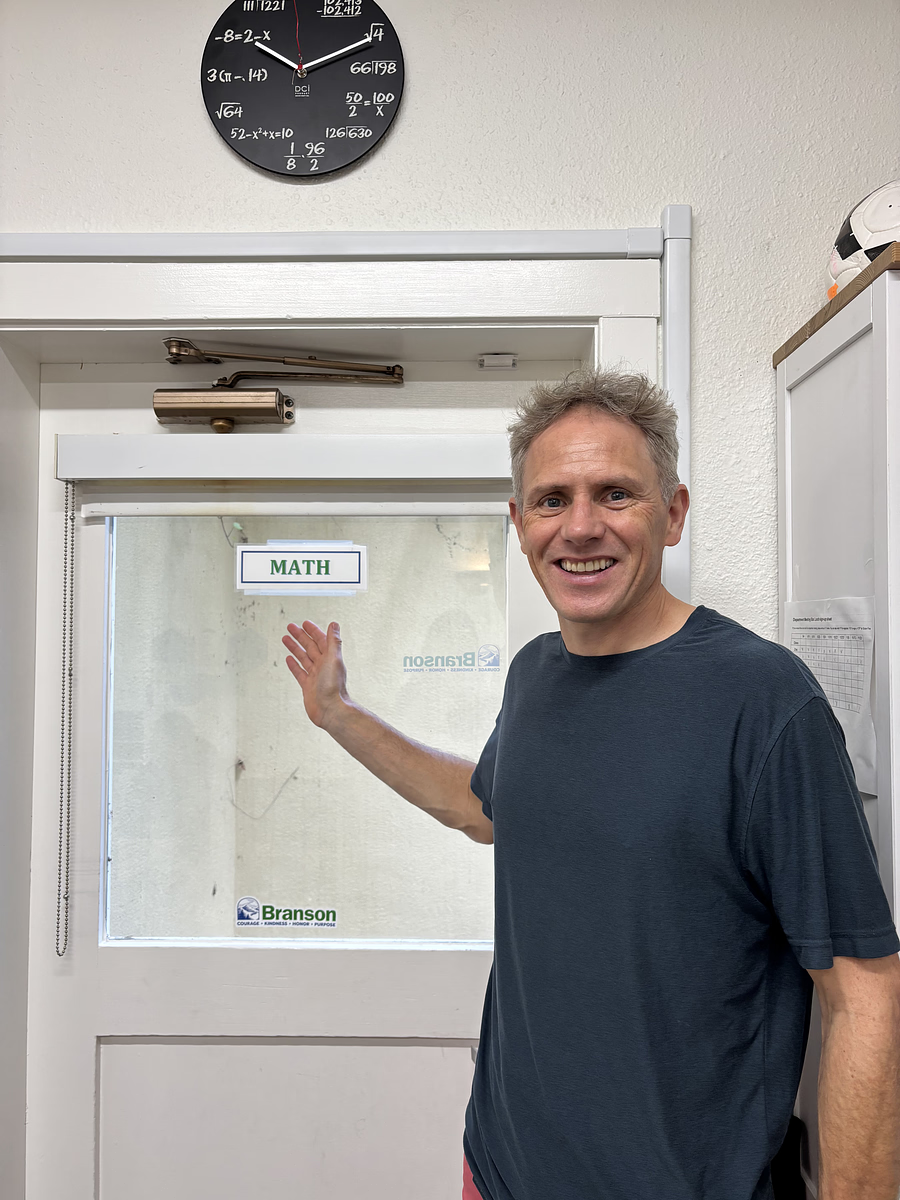It’s the 1980s in Los Angeles. A young kid is mesmerized by the Los Angeles Lakers’ “Showtime” era, a dynasty that dominated the NBA with five championships in a row. He is astounded and idolizes the 6-foot-9 point guard, Magic Johnson.
This young kid plays baseball and always enjoys watching games with his grandfather. And though he has no experience with basketball, the energy and excitement of the game stir intrigue in him.
Every day after school, the young kid drifts to the basketball court behind his house. Under the Los Angeles sun, he plays around with his buddies — dribbling and passing the ball up and down the court.
Every time he goes up to shoot, he pictures himself as Magic Johnson. He pictures the vast stadium filled with roaring fans who chant his name. He pictures the bright lights illuminating the large court he gets to call home.
Through hard work and perseverance, this young kid transforms from a casual player into an exceptional athlete — eventually earning a scholarship to Stanford University, gracing the cover of Sports Illustrated, playing professionally overseas for 13 years and later being inducted into the Stanford Athletics Hall of Fame.
This L.A. native, who has already had such a lengthy journey through life, filled with challenges, setbacks and success, is Arthur Lee — Branson’s director of human development and wellness.
Before he picked up a basketball, Lee remembers reading Johnson’s autobiography. He reminisces about the inspiration that fueled his young mind.
“I saw how hard he worked to become so great,” Lee said. “I decided to do whatever I could to work hard and become as great as that man.”
Lee first played on an organized team in sixth grade, but he wasn’t an instant success. He couldn’t dribble well, wasn’t used to the larger court and lacked spatial awareness with his teammates.
But by ninth grade, something clicked. Lee earned the Most Valued Player award at a local basketball tournament — a turning point that made him realize his potential.
“I realized that I was a little bit better than I thought I was,” he said. “I was surprised … slowly but surely I continued to improve.”
And Lee certainly did not stop there. He got recognition in Los Angeles as one of the top basketball players in the city and happily accepted his scholarship to Stanford University.
Stepping onto the Stanford campus as a first-year was a humbling experience for him. Lee struggled to find his place.
“I was one of the best players in high school, but getting to Stanford freshman year, I barely played, which was a shock to my system,” he said. “It started slowly and was tough academically and athletically.”
But by his sophomore year, Lee began to find his rhythm. Over the next few seasons, the team blossomed and Lee became a key contributor. In his junior year, they made it to the Final Four in the NCAA Tournament, and in his senior year, they won the Pac-10 title.
This was all a dream come true for Lee. He thanks the early years of visualizing and consistently playing in his backyard court.
Unfortunately, after his senior year, Lee did not get drafted into the NBA. It was a tough moment seeing his vision instantly crumbling down. His dream of playing in the NBA seemed just out of reach.
But rather than give up, Lee decided to play overseas, beginning his 13-year career playing abroad in more than 10 countries.
“Looking back on it, it was a blessing in disguise,” Lee said.
During his time playing abroad, Lee met his wife in Croatia. In hindsight, he said he couldn’t care less about the NBA. He was grateful to have had the opportunity to travel the world, which was a priceless educational experience for him.
By his 13th year abroad, he had a serious hip injury and made the difficult decision to move on from basketball. Unsure of where to start and where to go, Lee resorted to an activity that always helped him: journaling. It is the same activity that he uses to help students express their thoughts and emotions in his Human Development classes at Branson.
“I just started writing down how I would live in terms of my next career,” Lee said. “I did not just want to be at an office desk. I did not want to sit in a cubicle. I wanted to be active.”
Lee was led to a career in education which he began in Chicago and which eventually brought him to Branson.
In 2023, Lee was also inducted into Stanford’s Hall of Fame. He was incredibly pleased and humbled to receive this honor.
“It reminded me of the journey because it was not a linear journey of continued success,” Lee said. “There were a lot of ups and downs, but looking back, knowing what happened, coming from difficult childhood experience, it was a welcome reminder that all things are truly possible.”
Lee noted how intriguing the development of a human can be when you are interested in reaching your potential. Basketball was tangibly tied to Lee’s identity; it was such an important part of him. Now, Lee could not care less for it — he can barely watch a game or play.
Throughout his tumultuous journey filled with strong emotions and difficult decisions, Lee has been “thankful for the growth and journey that basketball has provided.”
“Though, sometimes, activities in our lives are only meant to be there for a second, they will serve a purpose, and may stay longer or may go,” he added. “It is important to always remember that.”

